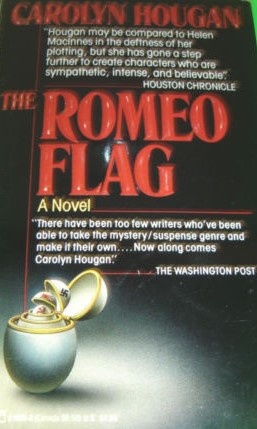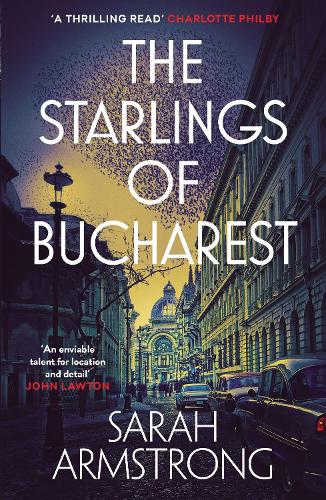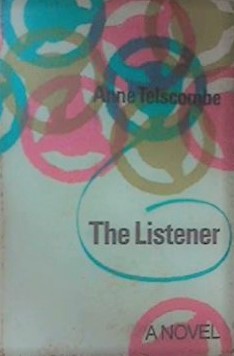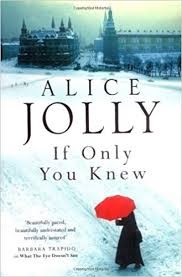Part one of this review is here
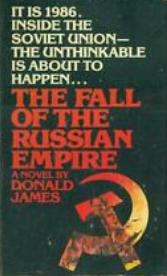
The former Soviet Union. It’s a short phrase that became commonplace after 1991. The phrase —and its abbreviation, FSU— cropped up in policy papers and elsewhere from that date on, and still does.
Did its first use appear in Donald James’s The Fall of the Russian Empire in 1982, almost a decade before the Soviet Union was former?
The plot of The Fall of the Russian Empire builds a scenario of workers’ unrest in the self-proclaimed workers’ state. The dissatisfaction of the workers swiftly turns into physical resistance to the Soviet regime and allies itself with nationalist sentiments amongst the republics that make up the Soviet Union.
Continue reading
